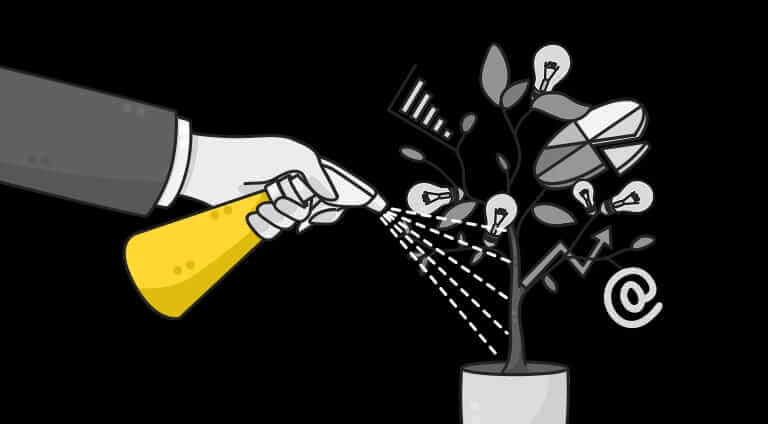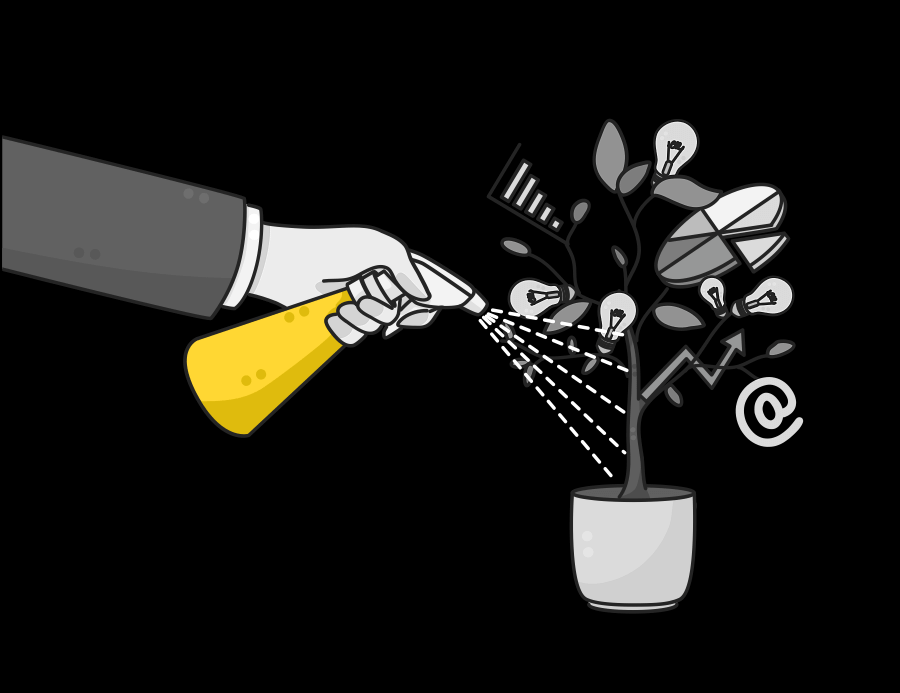Create a Budget
This is an incredibly important, but extremely personal step on your road to financial independence. We’re not here to tell you what or where to spend your money, but we will say that money is a zero-sum game. We all have a lot to pay for these days, from housing and insurance to food and healthcare. And let’s not forget the all-important streaming services. How do you cover it all and make sure you’re not in the red? Make a budget. It gives you control over a situation that often leaves people feeling inadequate and powerless.
A budget is a plan for every dollar you have. It’s not magic, but it represents more financial freedom and a life with much less stress. Experts suggest the 50/30/20 rule as a simple budgeting framework. This divides your after-tax income into just three spending categories: allow up to 50% of your income for needs, leave 30% for your wants and 20% for savings or debt repayment. Someone who follows these guidelines over the long run will always have manageable debt, room to indulge occasionally on the things he wants, and plenty of savings to pay for unexpected expenses and retire comfortably.
Manage Your Debt
Credit cards are not evil. When they are used responsibly, they can actually help you save money. No one knows this better than savvy consumers who pay for goods and services with rewards credit cards. Or those who take advantage of the “no interest” policy on items purchased on a store’s credit card. Plus, according to Beverly Harzog, author of The Debt Escape Plan, they’re vital to building a good credit score. She suggests choosing a card with no annual fees, and only getting a rewards card if you’re sure you can pay off the balance each month, since they typically have higher interest rates. If your debt is relatively low-interest, there are some serious benefits to paying it off more slowly in favor of saving money first (such as for retirement or major expenses).
Priya Malani, the founder of Stash Wealth, a modern financial planning service, says that she typically advises clients to have no more than three cards open at one time. This makes it easy to keep track of spending and spot fraud but allows you to spread out your debt and boost your credit utilization ratio (CUR), which accounts for 30% of your overall credit score.
Start an
Emergency Fund
Whether it’s an unexpected medical bill, a problem with your car or the loss of a job, emergencies happen to everyone and they usually come with a pretty steep cost. The pandemic taught many of us the hard way that having an emergency fund is crucial. But 41% of Americans says they don’t have enough money set aside, according to a survey by Lincoln Financial Group [PDF].
As for how much you should save, The Ascent suggests starting small—setting aside at least $500, but working your way up to at least three month’s worth of expenses—and storing it in a savings account with a high interest rate. Often, online savings accounts offer higher interest rates than standard banks. This way, you’ll earn more and it’s still simple to access your cash when needed, through withdrawal or a funds transfer.
Track Your
Credit Score
One of the most well-known types of credit scores are FICO Scores, created by the Fair Isaac Corporation. If you haven’t checked your credit score lately, do so immediately. Because the better your score is, the better your offers and interest rates are on everything from credit cards to car and home loans. Getting a copy of your report will help protect your credit history from mistakes, errors or any signs of identity theft. Plus, it’s free. You can request one from the three major consumer reporting companies (Equifax, Experian and TransUnion) each year through the Consumer Financial Protection Bureau’s Annual Credit Report program.
Invest in
the Future
You don’t have to be rich or even debt-free to invest. Although this is generally a sound rule, there are a few justifications for breaking it. First of all, personal finance isn’t an all-or-nothing practice. And secondly, managing debt is simply a fact of modern life. If your debt is relatively low-interest, it’s often more beneficial to pay it off slowly and instead increase your savings (for retirement or major expenses).
Remember, compound interest has immense value, and the more money you can invest earlier in life, the more you’ll have in the long run and the less money you’ll have to invest overall. And while it can be tempting to forego 401(k) contributions when your paycheck is lean, you’re essentially leaving money on the table and you’ll only have to save more later in life to catch up.








